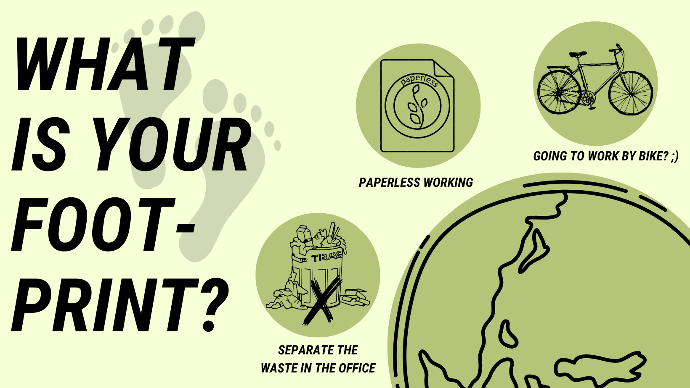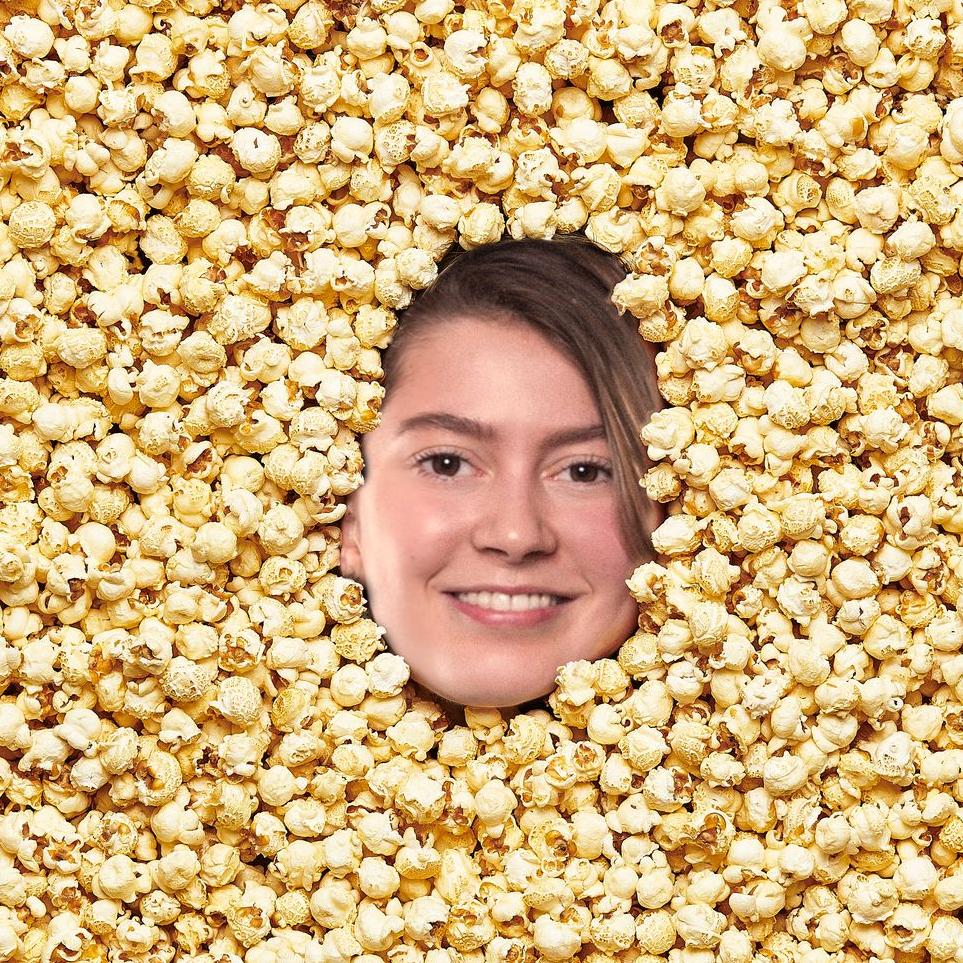“Change will not come if we wait for some other person or some other time. We are the ones we’ve been waiting for. We are the change we seek.” - Barack Obama
You can tell by the title: this week's theme is the circular economy. In our current economic situation, we can no longer ignore the concept of circularity. As Barack Obama once said: We are the change we seek. This week, circularity is in the spotlight, and for a good reason.
What does the word 'circular' mean?
In short: keeping the resources of products within a circle and not losing them on the way. This circle is substantial to the survival of our planet! A circular economy does not burden the earth even more and actually relieves it. The paramount to this is: working together with our world instead of working against it.

Of course, as an organization, we also critically examine our ecological footprint. We do not want to take from the earth but hand it back where possible. In that way, we hope to create a balance so our planet can provide us with its pleasures for a longer time.
What are we doing?
Last year we chose to change our packaging.
Firstly, we want the look & feel to match the brand we have in mind.
Secondly, we want to ship our packaging more sustainably. Because in the past there was a lot of unnecessary air lost to our packaging.
For example, we are examining which retail boxes can be smaller, which products fit on a retail card, and which products only need a label or sticker. This means that the container space is utilized more efficiently. In this case, you fill each pallet entirely with products that leave as little air as possible between the container and pallet. This form of transport reduces our CO2 emissions.
Besides, we try to market as much FSC packaging as possible, which is more sustainable for the planet. FSC stands for The Forest Stewardship Council. They offer a seal of approval for products, certifying them as having met the "gold standard" in ethical production. This means that all wood used is from carefully managed forests with positive impacts on the environment and local communities—and still economically viable!
In addition, we received a circular workshop on January 17. During the workshop, we learned about 'the world of circularity' and what we can contribute. Information was shared about the worldwide increasing demand for raw materials. That is why the Dutch government is working with knowledge institutes, nature, and environmental organizations, governments, and other social organizations to use raw materials more efficiently. This results in a crucial goal that the Netherlands will run on a fully circular economy by 2050.
Furthermore, we are investigating the possibility of making products from recycled material instead of virgin material (entirely new raw materials). Because using recycled materials drastically reduces carbon emissions and pollutants. In fact, a study conducted by the Association of Plastic Recyclers (APR) found a reduction in CO2 emissions from recycled resin production compared to virgin materials; 67% for PET and 71% for polypropylene are two examples.
Finally, metals showed even greater savings: air pollution by 86%, water consumption by 40%, and 76% less water pollution when using recycled steel instead of virgin materials. Also, the energy-saving benefits should not be overlooked. For example, producing cast recycled aluminum uses 95% less energy, and steel 70% less!
A good question to ask yourself
What can you already do on the theme of circularity and sustainability? Think about your footprint at home and of course also at work. A few simple suggestions are:
Paperless working: Think about online tools you could use. A big asset to this decision is that you have access to all your online 'paperwork' everywhere and anywhere.
Separate the waste in the office: Do you place your residual waste in a separate rubbish bin and do you separate the recycled boxes from the plastic waste heap?
Travel to work: Well... What can we say? We 'Dutchies' are known for our travels by bike. Maybe it's also a simple solution for you, and don't forget that it is healthy ;).

What can your organization do?
- Consume less, taking back products for reuse
- Lending products as a service
- Check waste contribution
- Efficient shipping (think about what we told you before; the reduced packaging)
- Use green transport where possible.
- Check the sustainability of the business premises; Think, for example, about LED lighting
And when it comes to our cooperation, we suggest bundling orders. When you bundle orders, there are fewer CO2 emissions because less transport movement is needed. A large order that is placed once a month instead of placing orders every day or week can already have a significant impact. It is better to fill a container full of pallets than a container with just a few products. To do this type of shipping indicates that the order frequency decreases and the order size increases.
We are taking small steps that have a significant impact on our precious earth.
We hope to have inspired you with a small bundle of information. With a few small and simple solutions, you can already contribute to a circular economy and more importantly: the reduction of CO2 emissions.
Will you join us? Say yes to circularity!
Do you have any questions about what you just read?
Please contact Sales support and they will be happy to help you further.

Mori van Haren
Mori works as a Project manager at MIXED.Industries.